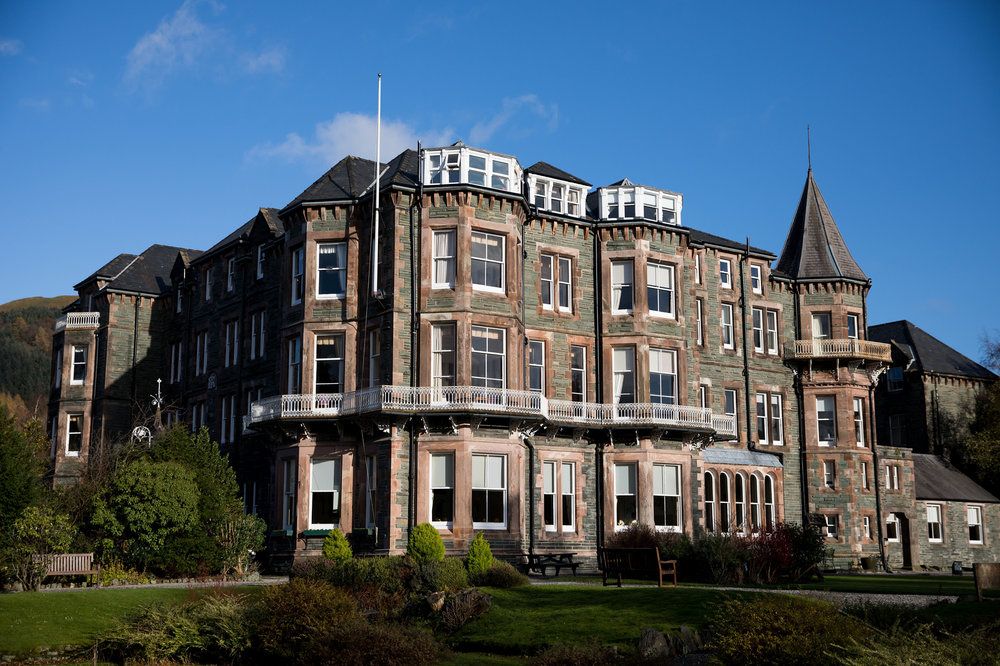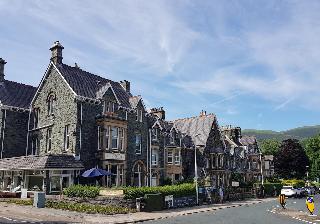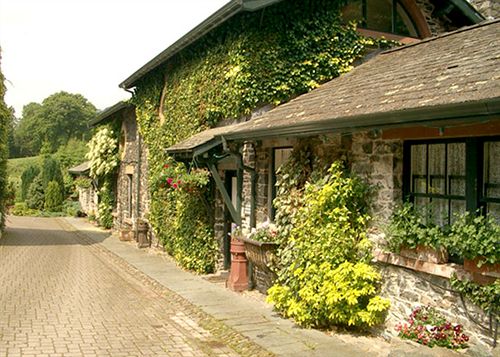
ケズウィックホテル検索結果
AIが見つけた軒のホテルの最安値をご覧ください。
ベストホテル
最安値のホテル
ホテル等級
AIおすすめ
ケズウィックベストホテル
ケズウィック 最低価格のホテル
最高評価のホテル
ケズウィックにある5つ星ホテル
ケズウィックにある4つ星ホテル
ケズウィックにある3つ星ホテル
AIがおすすめする世界の旅行先
ケズウィック近くのホテル情報
ケズウィック 旅行に欠かせない情報
Keswick ( KEZ-ik) is an English market town and civil parish, historically in Cumberland, and since 1974 in the Borough of Allerdale in Cumbria. The town, in the Lake District National Park, just north of Derwentwater, and 4 miles (6.4 km) from Bassenthwaite, had a population of 4,821 at the time of the 2011 census.
There is considerable evidence of prehistoric occupation of the Keswick area, but the first recorded mention of the town dates from the 13th century, when Edward I of England granted a charter for Keswick's market, which has maintained a continuous 700-year existence. In Tudor times the town was an important mining area, and from the 18th century onwards it has increasingly been known as a holiday centre; tourism has been its principal industry for more than 150 years. Its features include the Moot Hall; a modern theatre, the Theatre by the Lake; one of Britain's oldest surviving cinemas, the Alhambra; and the Keswick Museum and Art Gallery in the town's largest open space, Fitz Park. Among the town's annual events is the Keswick Convention, an Evangelical gathering attracting visitors from many countries.
Keswick became widely known for its association with the poets Samuel Taylor Coleridge and Robert Southey. Together with their fellow Lake Poet William Wordsworth, based at Grasmere, 12 miles (19 km) away, they made the scenic beauty of the area widely known to readers in Britain and beyond. In the late 19th century and into the 20th, Keswick was the focus of several important initiatives by the growing conservation movement, often led by Hardwicke Rawnsley, vicar of the nearby Crosthwaite parish and co-founder of the National Trust, which has built up extensive holdings in the area.
 時間 UTC+01
時間 UTC+01 通貨 GBP
通貨 GBP 言語 English, Welsh, Scots Gaelic
言語 English, Welsh, Scots GaelicStaypiaだけの特別な特典
リアルタイムホテル最安値比較
AIが見つけたin ケズウィックの軒のホテルのリアルタイム最安値を簡単に比較検索できます。
316万軒のホテルを最安値で予約
最低価格に最大31%追加メンバーシップ割引でさらにお得にご予約いただけます。
自分だけの
AIがリアルタイムで更新するケズウィック旅行情報で便利に旅行を準備しましょう。
よくある質問
ケズウィックで最も人気のある5つ星ホテルはFerndene Guest Houseです。 ケズウィック 評価順にホテルを見る
一般的なホテルの場合、客室予約はキャンセル締切日前まで無料返金が可能です。キャンセル締切日以降は手数料が発生する場合がありますので、ホテルバウチャーまたはメニュー>マイ予約でキャンセル締切日をご確認ください。
ステピアでは、AIが収集した316万件のホテルの最安値はもちろん、会員限定の追加割引価格で人気ホテルを予約することができます。











